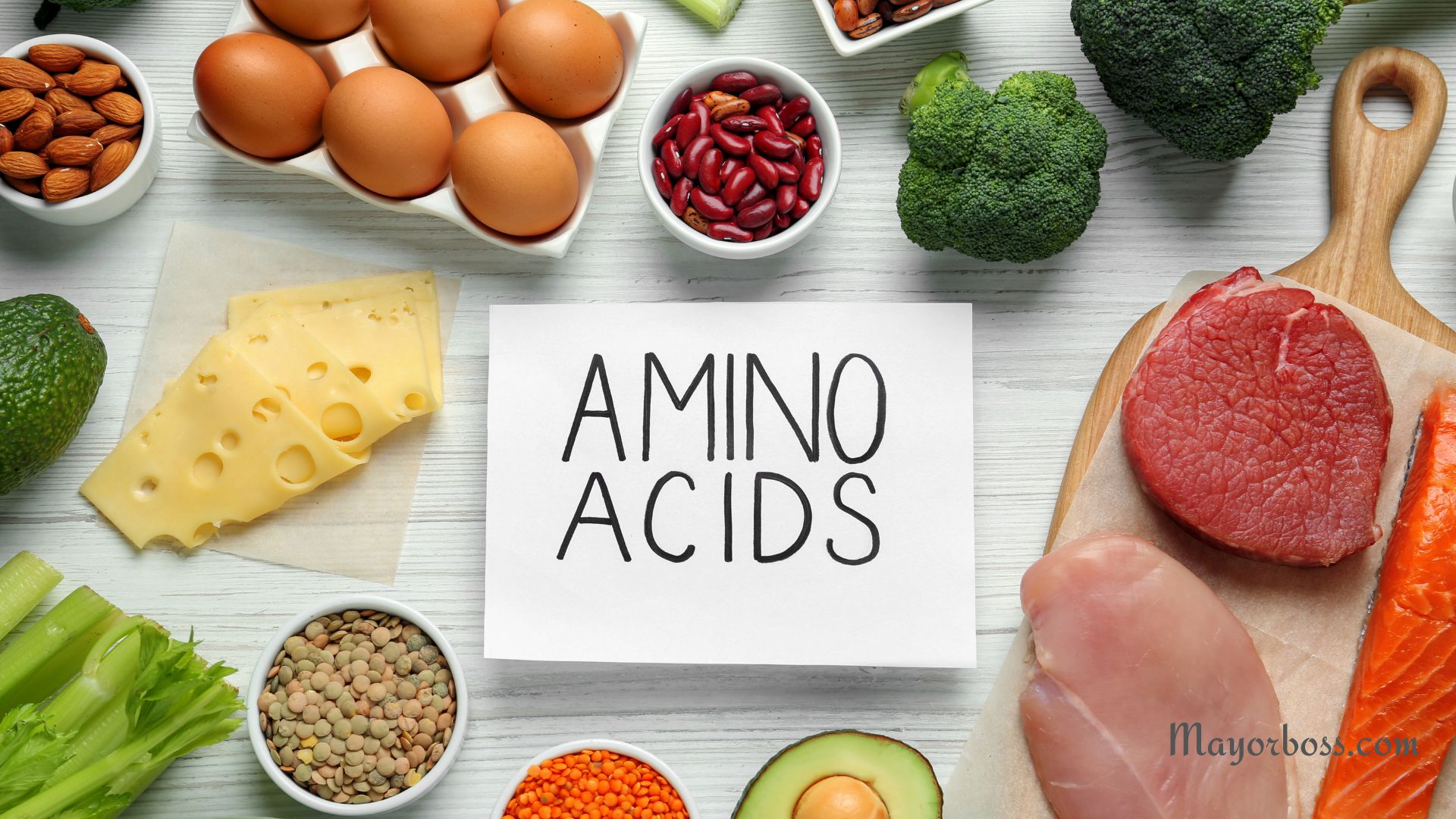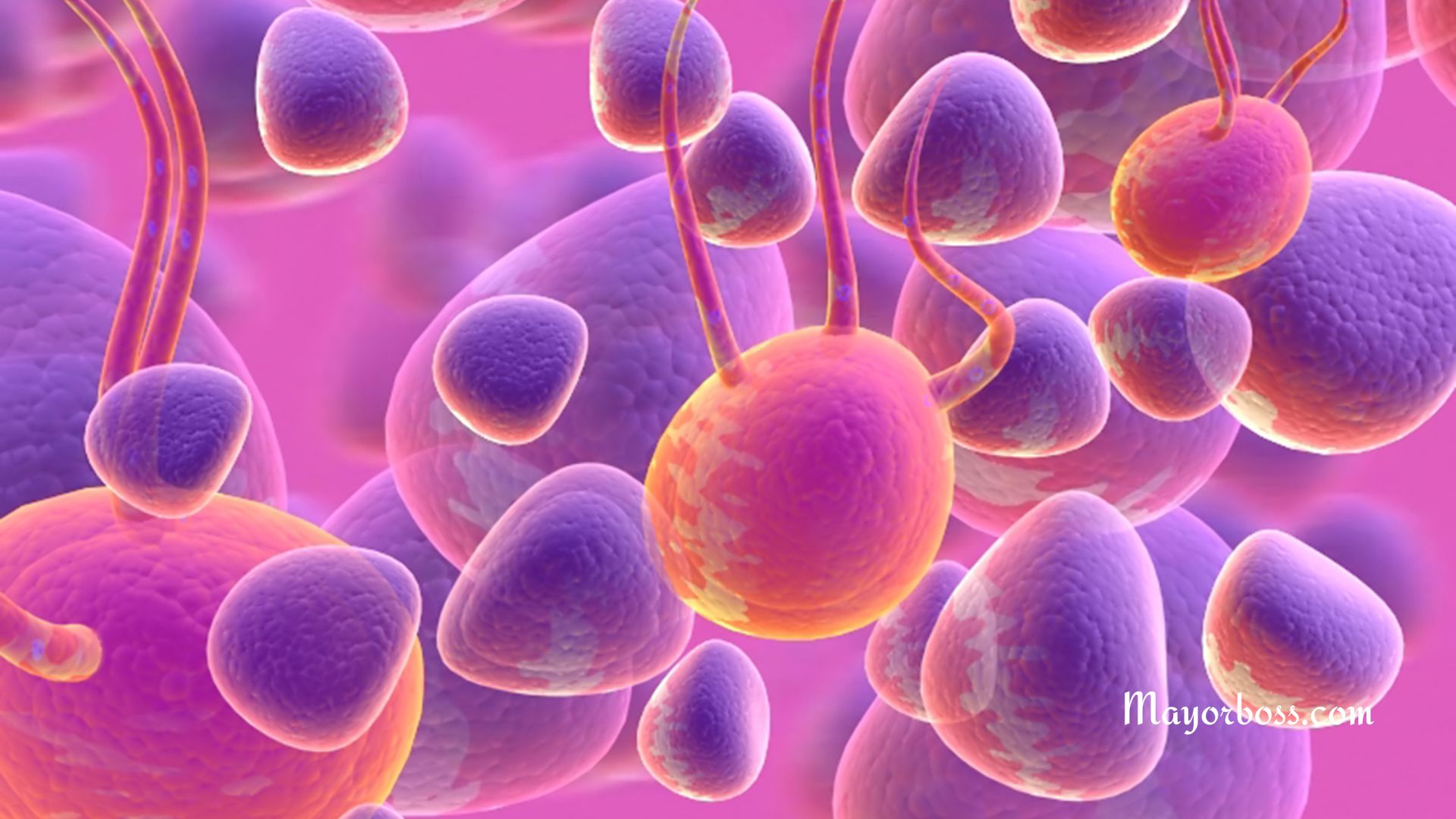What Are Amino Acids?
Amino acids are usually nicknamed the building blocks of life. They are organic compounds that play a vital role in the body. Essentially, they are the components that make up proteins. Every protein in your body is made from amino acids, which are linked together in long chains.
The Basic Structure
Each amino acid has a similar structure: a central carbon atom, a hydrogen atom, an amino group (NH2), a carboxyl group (COOH), and a unique side chain (R group). It’s the side chain that makes each amino acid distinct and gives it specific characteristics.
Types of Amino Acids
There are 20 standard amino acids that you need for your body to function correctly. These are divided into two groups:
- Essential Amino Acids: These cannot be made by your body. As a result, you must get them from your diet. There are nine essential amino acids: methionine, phenylalanine, tryptophan, valine, histidine, isoleucine, leucine, lysine, and threonine
- Nonessential Amino Acids: Your body can produce these, even if you do not get them from the food you eat. They include alanine, asparagine, aspartic acid, glutamic acid, and several others.
- Conditionally Essential Amino Acids: These are usually nonessential but may become essential in certain situations, like illness or stress. Examples include arginine and glutamine.
Why Are They Important?
Amino acids are vital for many functions in your body. Here are some of their key roles:
- Protein Synthesis: They are the primary component of proteins, essential for building muscle, skin, and other body tissues.
- Enzyme Production: Many enzymes are proteins made from amino acids. Enzymes are necessary for countless biochemical reactions in your body.
- Neurotransmitter Synthesis: Some amino acids are precursors to neurotransmitters, which are chemicals that transmit signals in your brain.
- Immune Function: Amino acids help in the formation of antibodies, which fight off infections.
- Energy Production: Although your body primarily uses carbohydrates and fats for energy, amino acids can also be used as an energy source, especially during intense physical activity.
Sources of Amino Acids
To ensure you’re getting enough essential amino acids, you need to eat a variety of protein-rich foods. Good sources include:
- Meat and poultry
- Fish and seafood
- Eggs
- Dairy products like milk and cheese
- Plant-based proteins such as beans, chickpeas, lentils, soy products, nuts and seeds
It’s important to consume a balanced diet that includes a variety of protein sources. This way, you can make sure you’re getting all the essential amino acids your body needs.
Amino Acids and Health
Amino acids are not only important for maintaining good health, but they’re also used in the management of some health conditions. For instance, certain amino acid supplements are used to help with muscle recovery after exercise or to manage mood disorders like depression, thanks to their role in neurotransmitter synthesis.

In summary, amino acids are fundamental to your health and well-being. They are involved in almost every process in your body, from building proteins to supporting your immune system. Eating a balanced diet rich in protein ensures you get the essential amino acids your body needs.






